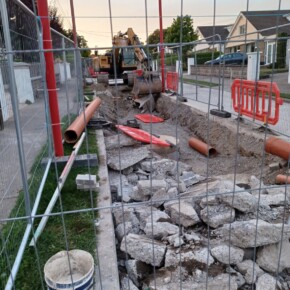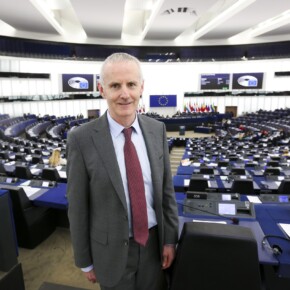CAMHS waiting lists “indefensible” says Shortall
Mike Finnerty 28 Jul 2023
New figures obtained by Social Democrats TD Róisín Shortall show that the number of children on Child and Adolescent Mental Health Services (CAMHS) waiting lists has increased by 12% in the six months from November to May of this year and by 20% in the Cork/Kerry region.
Shortall said that “shockingly after all that we’ve learned over the last couple of years about the CAMH services and the serious shortcomings, the waiting lists are actually increasing.”
Speaking on RTÉ’s Morning Ireland, the Dublin North-West TD said there are now about 4,500 children waiting for services around the country and more than 1,600 of those are waiting over six months.
“I think it’s very hard to comprehend just what it must be like for those children and their parents who have serious mental health issues, they’re left waiting over six months and in some cases over 12 months.”
Shortall cited Cork and Kerry as the most problematic areas, with over 1,000 children on waiting lists for CAMH services.
“This is just indefensible” Shortall added, but said there “is no silver bullet” for the issues.
“Staffing is one serious issue, but there are a number of issues identified by Dr Finnerty’s report, all very fundamental issues in relation to how the HSE operates.”
“So, things like poor governance systems, over-centralised decision-making, a lack of data, serious problems with funding, a lack of funding in spite of what Government says and serious problems with staff recruitment.”
“The reality is there has been virtually no workforce planning going on within the HSE or the Department of Health for many years, and this is a very basic function of any health service.”
Earlier this week, the Social Democrats TD said the report “must be a catalyst for fundamental change in how the HSE operates.”
Shortall pointed to the proposed Sláintecare plan as a way of solving the issue, saying “there are a whole lot of elements here in relation to how the health service functions and indeed a number of those are key pillars of the Sláintecare plan. If we had action on that, more urgent action, a number of these issues would be dealt with”.
“There’s no sense from Government that they’re serious about this – it’s clear that these problems are urgent and need immediate attention by Government, and I want to hear whether the Government accepts this report or not, and do they commit to the full implementation of the recommendations of this important report.”











